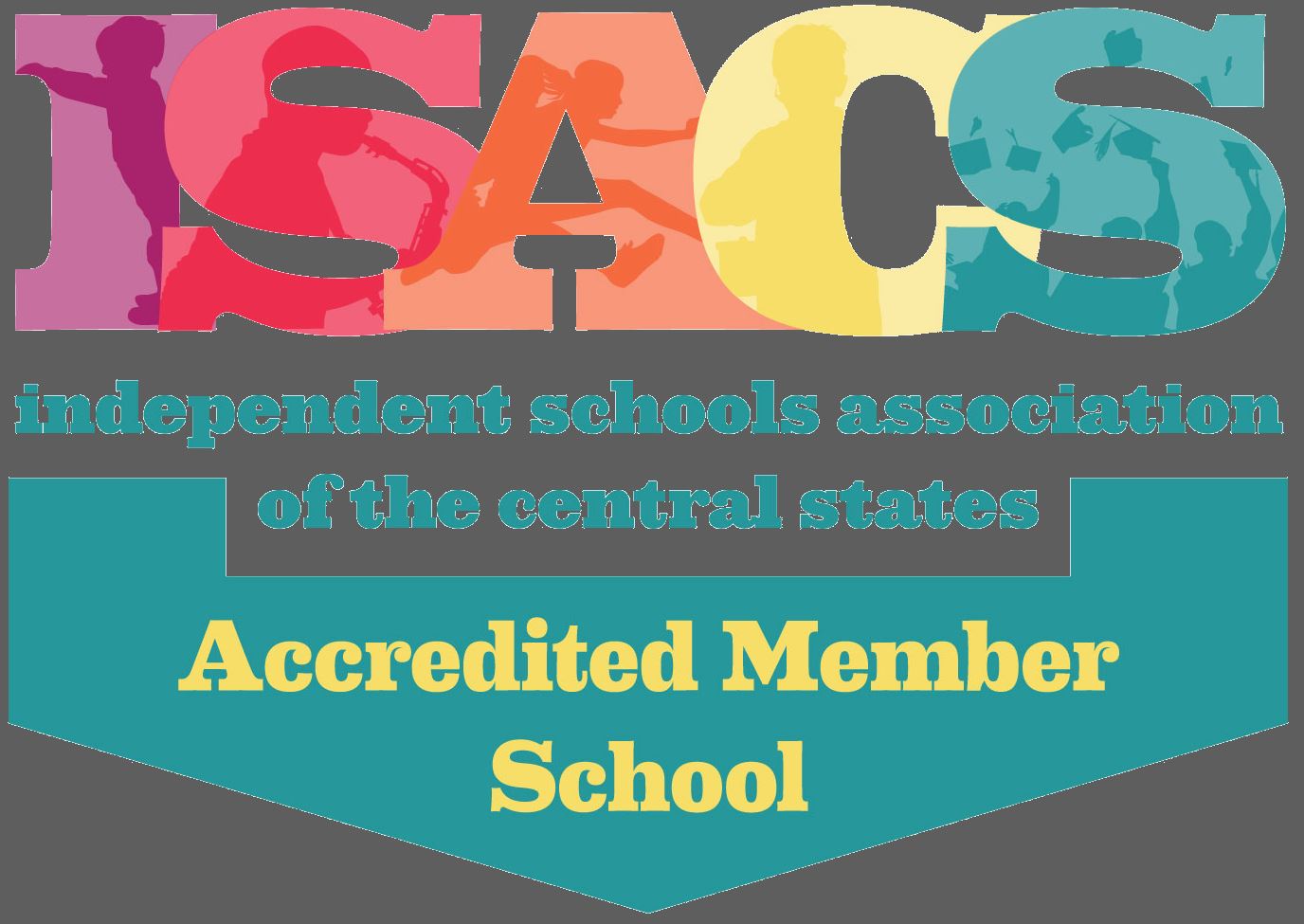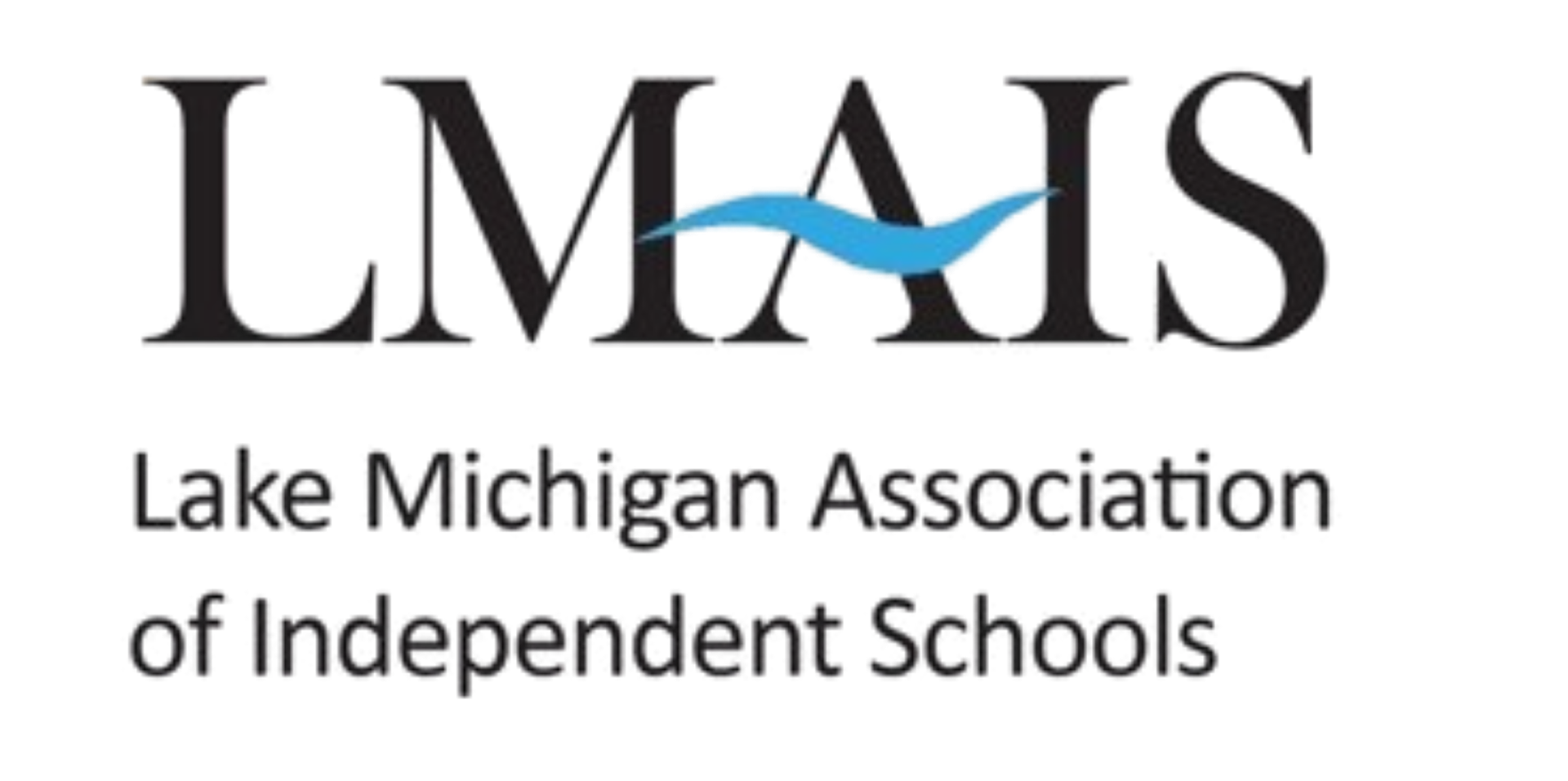Dear Maria: Freedom
Why is FAIL not a four-letter word at Rogers Park Montessori School?
Because failure really does not exist here! We see unsuccessful attempts at a task as an opportunity. Failure connotes defeat, and abandonment of an effort. Shifting this lens ever so slightly, we help our students to see a chance for learning. The Montessori classroom and curriculum are structured to support students’ choices and risks; the Montessori teacher is trained and supported in guiding the child to make those developmentally appropriate choices and take those risks. Each new task can present challenges, frustrations, and success, and the student naturally moves through those stages of the process. They follow their natural inclination to keep at a task until they are successful, then continue to practice it to gain mastery and confidence. Over time, students develop grit and perseverance. As they move through the three year cycle of the classroom, an end goal is that older students will be able to mentor younger students. While as a parent you may find yourself drawn to “help” your child finishes a task, or to succeed WITH adult intervention, the child is not finding their own mistakes and learning the steps to solve a problem. As parents, we may be afraid to see our child fail at a task. As an Accredited Montessori Program with trained Montessori teachers, honoring children’s choices, RPMS guides students to practice skills and gain knowledge. Our methods reveal the benefits of student-centered, self-paced learning.
When a young child chooses a material that is fragile, like a glass vase, this child learns proper placement on a tray and through that the importance of balance and focus. Should they turn abruptly to see something across the room, that vase will fall off the tray and break. Providing fragile materials gives children the opportunity to demonstrate care for their materials. If the vase should break, the child is not corrected through scolding, nor does this crash alarm the other busy students in the room. Older second or third year students’ model what they have learned in their time as first years - that glass breaks, and students know they have all the tools (child-sized, of course!) to fix the problem. An older student nearby will confidently assist a younger child, moving quietly and with practiced steps to show the younger child the broom and dustpan and how to use them. Everything the student needs to be successful is there if they choose it, and the ever-present observation of the young students is apparent as the older students model that success.
As parents, mirroring this cycle of choice, risk, and practice is something we can reflect at home. We encourage parents to look around the home environment and make a short list of tasks that your child might choose independently that have inherent risk. Identify the issues that might arise, and how you can support your child to deal with those issues without stepping in, give them the guidance they may need. For instance, riding a bike down the block alone requires readiness - can they balance, start and stop alone? Walk with them to show them and remind them where their limit is, where to stop at alleys, driveways, and corners. Practice how they will slow down and move to the side when a pedestrian approaches. Once they understand all these parts and demonstrate their responsibility, then go sit quietly on the porch stairs and let them go!





